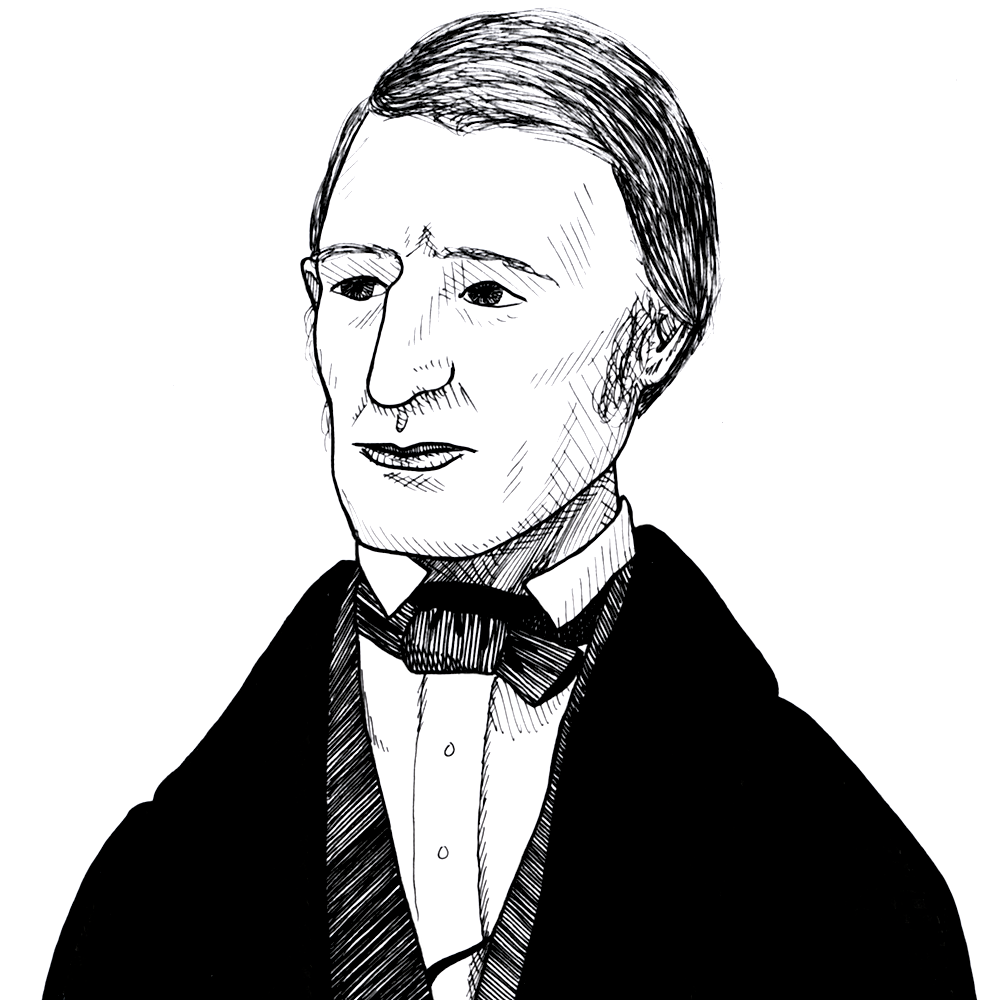
Emerson on the right of self-ownership of slaves to themselves and to their labor (1863)
Found in: The Works of Ralph Waldo Emerson, vol. 9 (Poems)
Ralph Waldo Emerson (1803-1882) caused a stir when he read this poem in Boston to celebrate President Lincoln’s Emancipation Proclamation. What seemed to ruffle some feathers was his notion that the slaves had a right to self-ownership and therefore should be compensated for the crimes committed against them while they were slaves:
Colonies, Slavery & Abolition
But, lay hands on another
To coin his labor and sweat,
He goes in pawn for his victim
For eternal years in debt.
To-day unbind the captive,
So only are ye unbound;
Lift up a people from the dust,
Trump of their rescue, sound!
Pay ransom to the owner
And fill the bag to the brim.
Who is the owner? The slave is owner,
And ever was. Pay him.